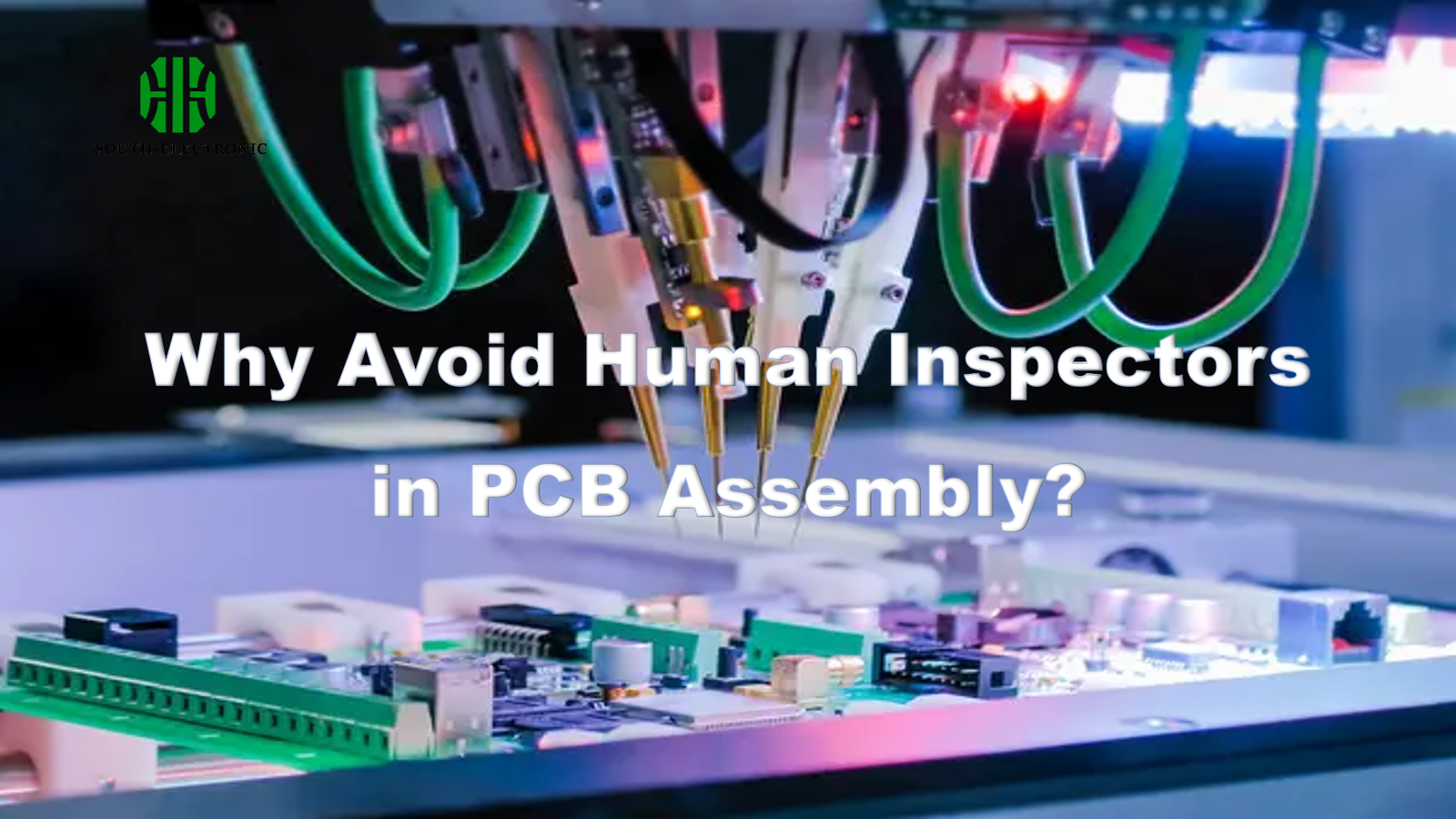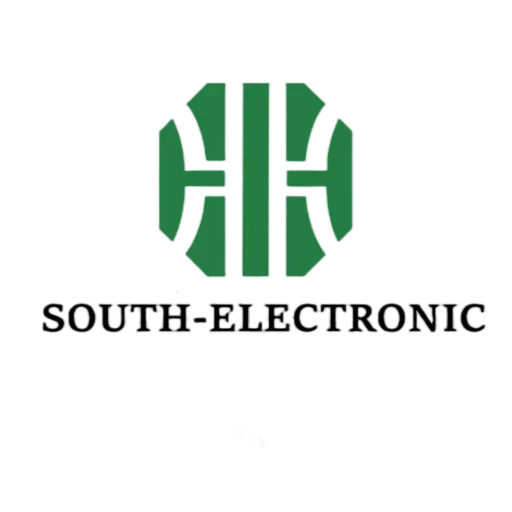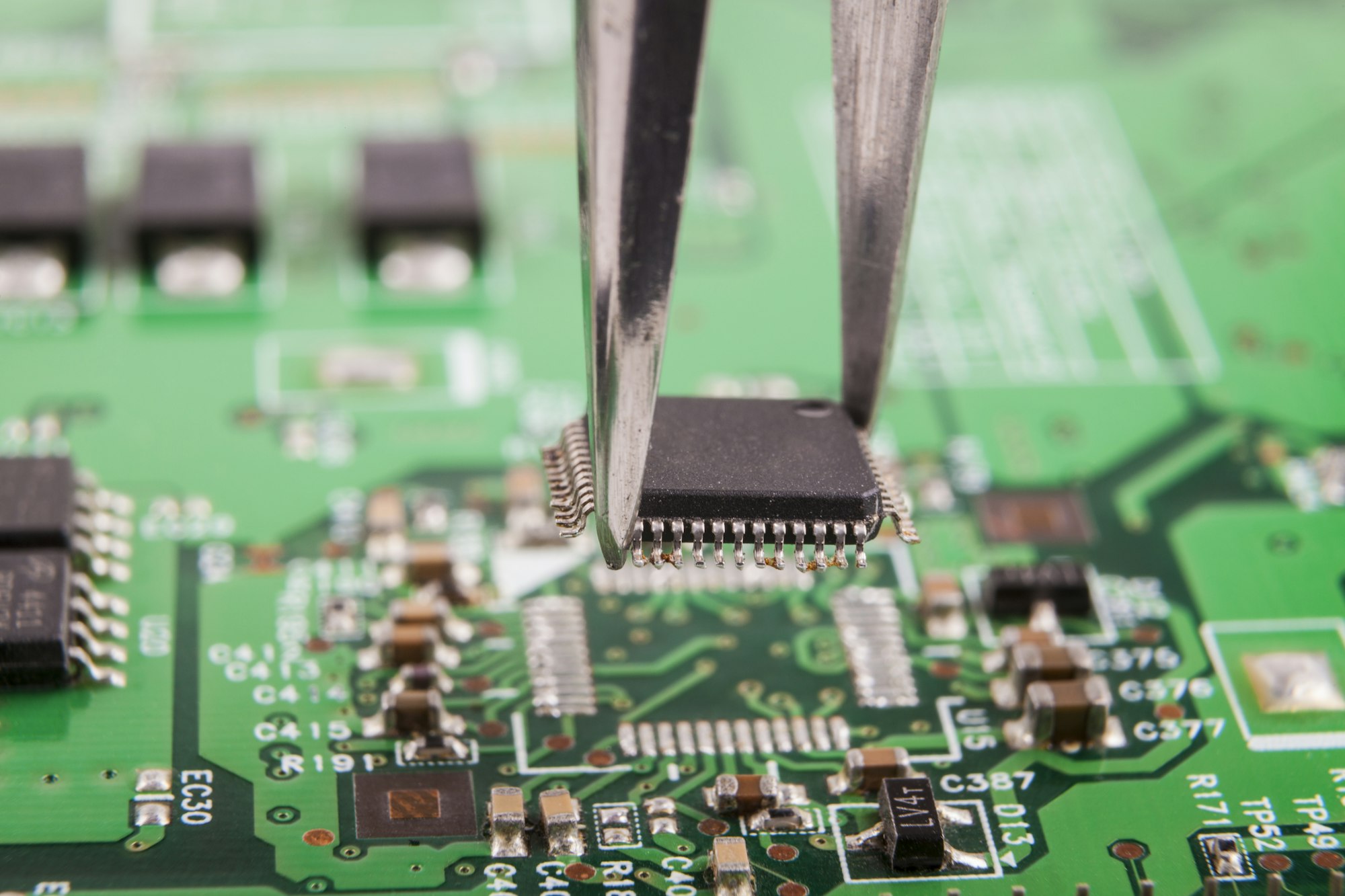Finding PCB defects manually drains time and resources. Human inspectors miss tiny flaws under factory lights. I recall assembly lines halted for hours chasing ghost defects. Modern tech solves this with relentless precision.
Automated optical inspection machines replace humans by detecting microscopic PCB flaws at high speed, reducing errors by 95% and inspection time by 70%. This ensures consistent quality control without fatigue-related mistakes in electronics manufacturing.
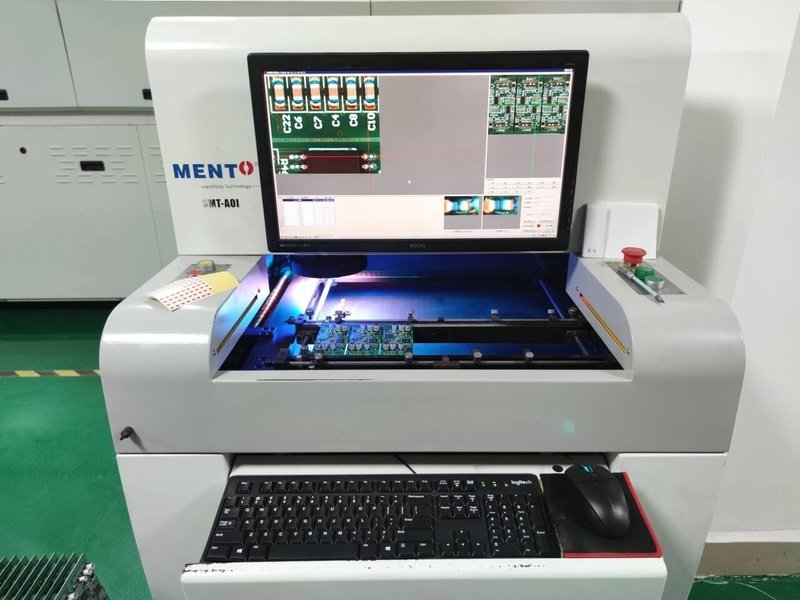
Manual checks struggle with today’s complex multi-layer boards. Let’s examine smarter solutions transforming PCB quality control across industries.
AOI, AXI, or SPI: Which Fits Your Budget?
Choosing inspection tech feels overwhelming when budgets tighten. I’ve seen plants overspend on flashy systems, then run shortages later. Know your actual needs first.
AOI automated optical inspection machines[^1] offer the best value for surface defect checks under $50k. SPI suits solder paste verification[^2] below $35k, while AXI reaches $200k+ for internal layer scans requiring X-rays.
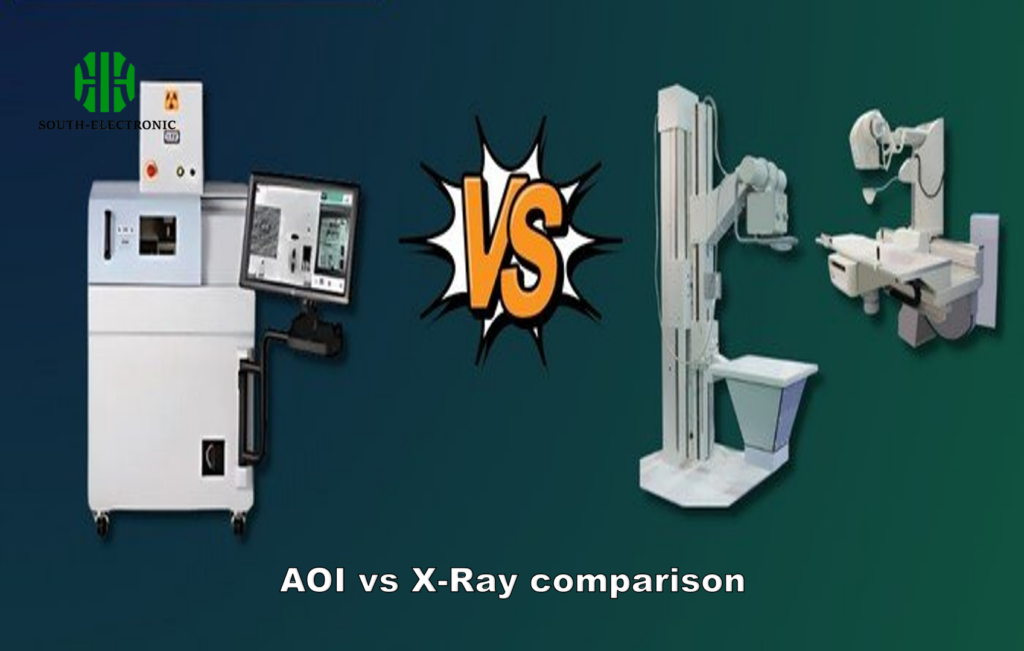
Key Budget Factors Revealed
Examine these cost-drivers before purchasing:
| Factor | AOI Machine | SPI System | AXI Equipment |
|---|---|---|---|
| Initial Price | $35K – $75K | $20K – $50K | $150K – $300K |
| Defect Coverage | Surface components | Paste deposition | Internal joints |
| Operating Cost | Low (lights/cams) | Medium (lasers) | High (X-ray tubes) |
| ROI Timeline | 6-12 months | 4-8 months | 18-36 months |
AOI automated optical inspection systems deliver the widest application range per dollar. For high-mix factories, AOI handles 80% of common flaws like soldering gaps or misplaced chips. SPI targets solder paste issues specifically at lower entry costs. Reserve premium AXI budgets for medical/aerospace where hidden BGA voids cause disasters. Always calculate maintenance – X-ray tubes in AXI cost thousands to replace annually unlike AOI’s simple cameras.
How Cut False AOI Alarms?
False alarms waste more time than slow inspectors ever did. I’ve watched technicians ignore real defects after ten false alerts hourly. Tuning prevents this frustration.
Adjust lighting thresholds and defect parameters to match your PCBs. Regular calibration cuts false flags by 60% while maintaining 99% real defect capture in automated optical inspection.
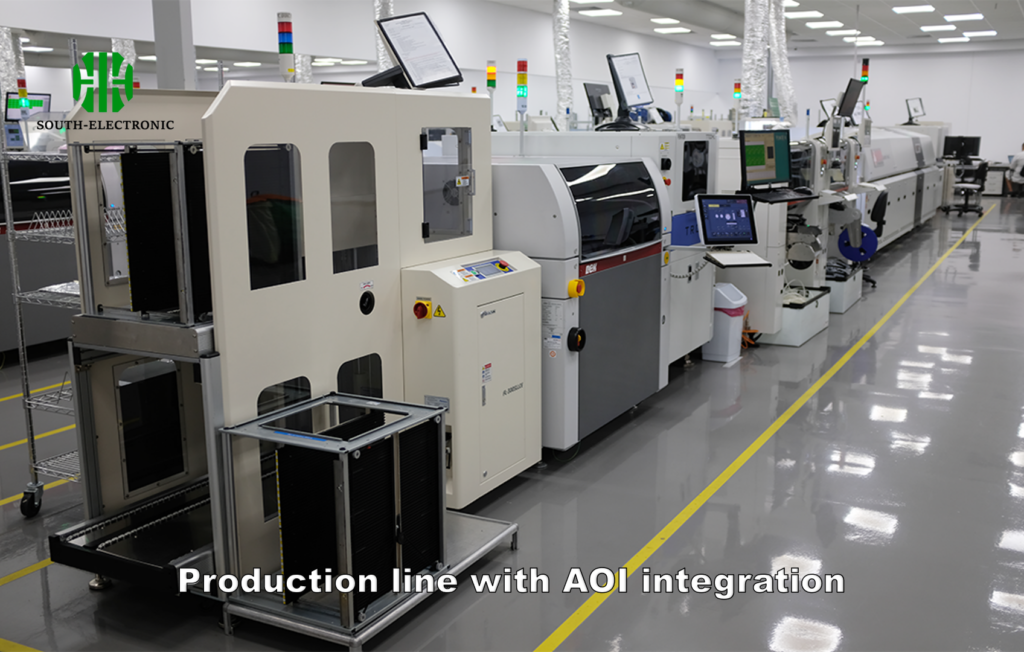
Practical False Alarm Reduction
Three proven methods for reliable results:
| Method | Implementation Time | False Alarm Drop | Tools Required |
|---|---|---|---|
| Golden Board Setup | 2 hours | 40-50% | Master defect-free PCB sample |
| Algorithm Training | 3-5 days | 60-70% | Machine learning software |
| Lighting Profiles | 30 minutes/board | 30-40% | Multi-angle LED system |
Start with Golden Board referencing. Teach the aoi automated optical inspection machine using your actual defect-free PCB. This sets baseline measurements for comparisons. Then train algorithms using accumulated defect data over time – newer 3D automated optical inspection systems learn fastest. Finally, create custom lighting profiles for each board type. Side-lighting reveals tombstoning while co-axial lights expose soldermask issues. I save profiles for repeat orders, cutting setup to minutes. Consistent maintenance matters too – clean lenses monthly and recalibrate quarterly.
Choosing AOI Supplier: What Matters Most?
Supplier promises often fade post-sale. One plant I advised got stuck with unsupported hardware after key staff left the vendor. Prioritize longevity over flashy demos.
Select suppliers offering on-site training and 24-hour response guarantees. Verify spare part availability for older automated optical inspection equipment models before purchasing.
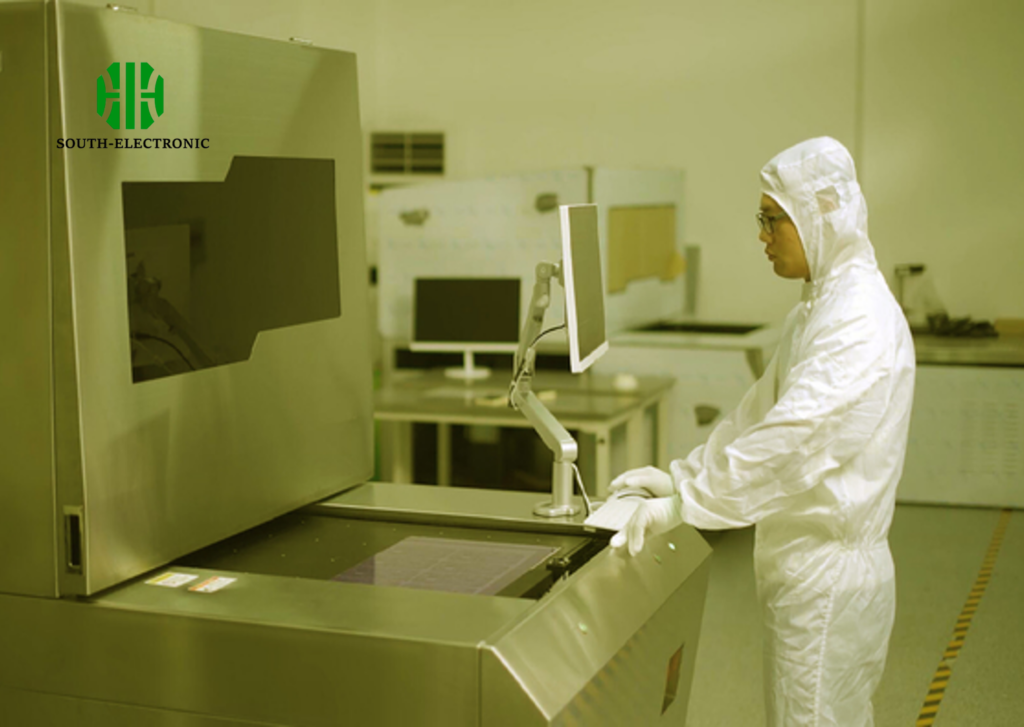
Critical Supplier Evaluation Criteria
Rank vendors using this framework:
| Priority | Factor | Why It Matters | Red Flags |
|---|---|---|---|
| 1 | Local Technical Support[^3] | Fixes downtime within hours, not days | Offshore-only support teams |
| 2 | Software Updates[^4] | Keeps pace with new components | Infrequent/no update history |
| 3 | Training Depth[^5] | Ensures staff utilize full capabilities | One-day basic courses only |
| 4 | Customization | Adapts to unique board geometries | Rigid "one-size" configurations |
First, demand local engineers. I prioritize suppliers within 100 miles – when your $300k automated optical inspection pcb line halts at 2 AM, geography matters. Next, examine software roadmaps. Your AOI must recognize emerging micro-components through updates. Avoid vendors charging extra per update. Training makes or breaks ROI: Comprehensive programs should cover programming, maintenance, and troubleshooting over weeks. Lastly, test customization flexibility. Bring sample PCBs – real suppliers will demonstrate profile adjustments for odd-shaped boards during trials. Always request client references from your industry.
Conclusion
Modern automated optical inspection systems outperform humans in PCB checks through speed and accuracy. Select technology matching your budget and demand reliable supplier support for lasting quality control.
[^1]: Explore how automated optical inspection machines enhance PCB quality control and reduce errors significantly, ensuring efficient production.
[^2]: Discover the significance of solder paste verification in ensuring high-quality PCB assembly and preventing defects.
[^3]: Understanding the significance of local technical support can help you make informed decisions when choosing suppliers, ensuring quick resolutions to issues.
[^4]: Exploring the role of software updates can reveal how they enhance equipment performance and longevity, which is vital for your investment.
[^5]: Learning about the impact of comprehensive training can help you maximize the ROI of your AOI systems, ensuring your team is well-prepared.

